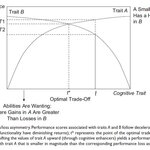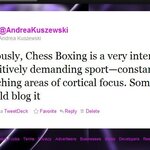
Changes to the diagnostic definition of autism will be published in the fifth edition of the "Diagnostic and Statistical Manual of Mental Disorders" - DSM V - but exactly what those changes will be is a key point of discussion. There are still a lot of qualifying issues in a lot of areas for a publication that has already been a long time in the making.
At stake? Apparently a lot of money. Autism was once rare enough that a definition was not rigorous but it also was not crucial - some leeway was allowed. As a result, recent increased instances, either to more occurrences or more…



